Criticism of Robert F Kennedy Jr's remarks on Covid-19 ethnic targeting
Democratic Candidate Robert F Kennedy Jr Faces Backlash for Antisemitic and Anti-Asian Remarks
August 8, 2023 3:56 PM EDT
- The Gist
- Robert F Kennedy Jr faces backlash for promoting conspiracy theories and making controversial remarks
- His recent comments suggesting Covid-19 may have been 'ethnically targeted' have been debunked
- Kennedy's history includes anti-vaccine activism and comparing pandemic measures to fascism
- Some attribute his support to nostalgia for the Kennedy name, but Democratic Party members have distanced themselves
- He has received support from right-wing Republicans, raising questions about his political motivations
- Critics believe his extreme views are a strategy to gain attention and pander to a specific base
Democratic candidate Robert F Kennedy Jr, who is running for the US presidency, has come under fire for his history of promoting conspiracy theories and making controversial remarks. In recent comments, Kennedy suggested that Covid-19 may have been "ethnically targeted," sparking outrage and condemnation. Despite facing criticism from within his own party and beyond, Kennedy has managed to garner some support in national opinion polls, leading to concerns about the influence of his controversial views.
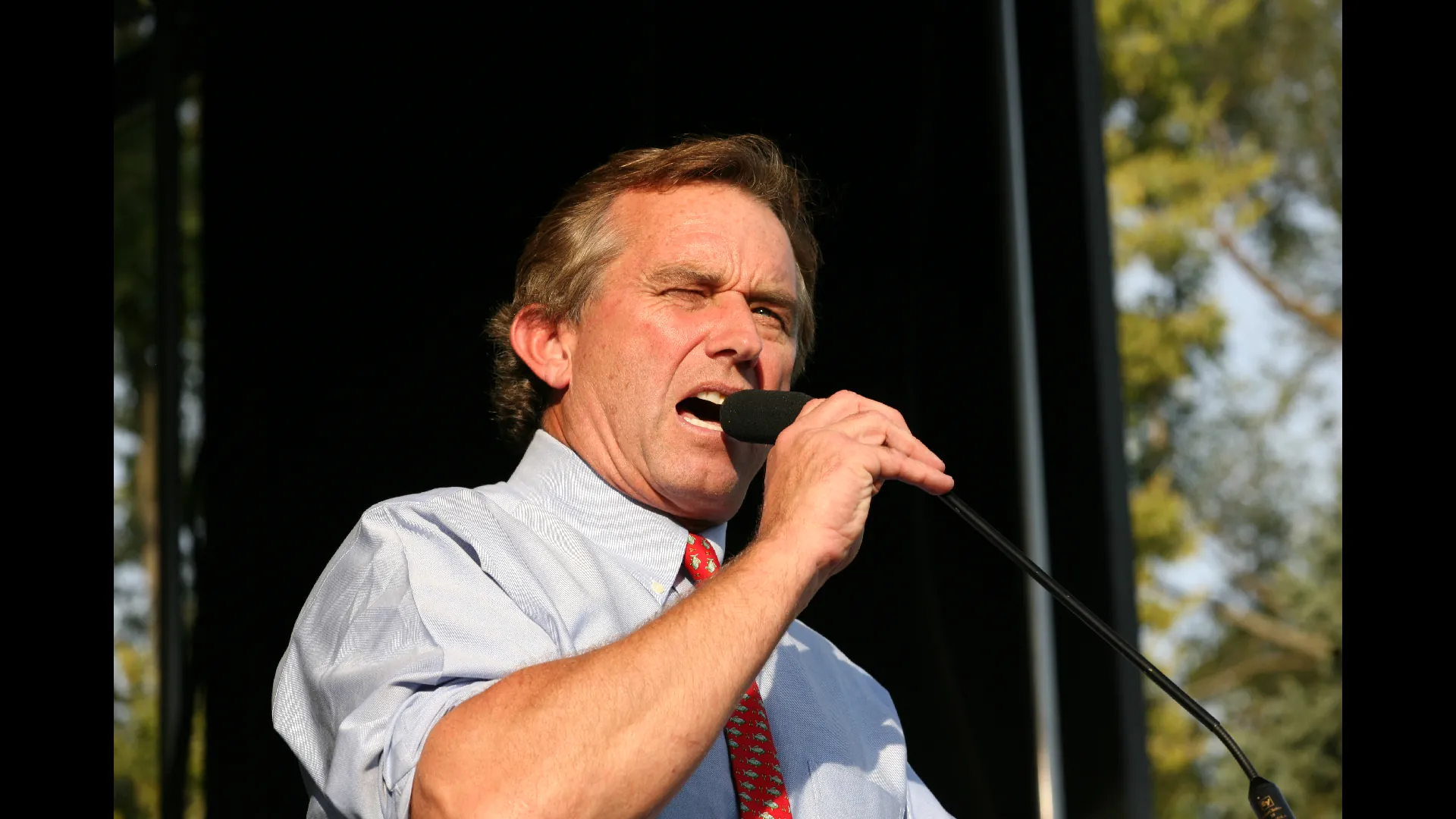

Kennedy's recent remarks suggesting that Covid-19 may have been "ethnically targeted" have drawn significant backlash. While he doubled down on his comments, claiming that he never implied deliberate engineering, his citation of a study published by the National Institutes of Health was debunked by the study's author. The author clarified that the study's findings did not support Kennedy's claims, further undermining the credibility of his statements.
Kennedy's history is riddled with controversial views, including his anti-vaccine activism and his comparison of pandemic health measures to "fascism" seen even in Hitler's Germany. These remarks have raised concerns about his fitness for public office and his ability to make informed decisions based on scientific evidence. Critics argue that such extreme positions are not only dangerous but also undermine public trust in the democratic process.
Despite his controversial views, Kennedy has managed to gain some support in national opinion polls. Some attribute this to nostalgia for the Kennedy family name and a lack of awareness about his true beliefs. However, members of the Democratic Party, including Kennedy's own family members, have distanced themselves from his remarks, labeling them as antisemitic and anti-Asian. White House press secretary Karine Jean-Pierre went further, describing Kennedy's comments as "vile" and warning that they put fellow Americans in danger.
Interestingly, Kennedy has received support from right-wing Republicans, including former Trump advisor Steve Bannon, who reportedly encouraged him to run for president. This alliance with right-wing figures raises questions about Kennedy's true political motivations and the potential influence of these conservative voices on his campaign. Moreover, Kennedy's campaign has received extensive coverage in right-wing media outlets, suggesting a deliberate attempt to appeal to a specific audience.
Critics argue that Kennedy's candidacy poses little threat to President Biden's administration and that his controversial statements are merely a strategy to gain attention. They believe that Kennedy's extreme views and alliance with right-wing figures are attempts to pander to a specific base, rather than genuine attempts to contribute constructively to national politics. Moreover, it is worth noting that some of Kennedy's top contributors are typically Republican donors, further raising concerns about his alignment with conservative interests.
Robert F Kennedy Jr's candidacy for the US presidency has been marred by controversy and backlash due to his history of promoting conspiracy theories and making inflammatory remarks. His recent comments suggesting that Covid-19 may have been "ethnically targeted" have drawn condemnation from within his own party and beyond. Despite some support in national opinion polls, critics argue that Kennedy's extreme views and questionable alliances make him an unlikely threat to President Biden's administration. As the election season progresses, it remains to be seen how Kennedy's controversial statements will impact his campaign and the broader political landscape.
Kennedy's history is riddled with controversial views, including his anti-vaccine activism and his comparison of pandemic health measures to "fascism" seen even in Hitler's Germany. These remarks have raised concerns about his fitness for public office and his ability to make informed decisions based on scientific evidence. Critics argue that such extreme positions are not only dangerous but also undermine public trust in the democratic process.
Despite his controversial views, Kennedy has managed to gain some support in national opinion polls. Some attribute this to nostalgia for the Kennedy family name and a lack of awareness about his true beliefs. However, members of the Democratic Party, including Kennedy's own family members, have distanced themselves from his remarks, labeling them as antisemitic and anti-Asian. White House press secretary Karine Jean-Pierre went further, describing Kennedy's comments as "vile" and warning that they put fellow Americans in danger.
Interestingly, Kennedy has received support from right-wing Republicans, including former Trump advisor Steve Bannon, who reportedly encouraged him to run for president. This alliance with right-wing figures raises questions about Kennedy's true political motivations and the potential influence of these conservative voices on his campaign. Moreover, Kennedy's campaign has received extensive coverage in right-wing media outlets, suggesting a deliberate attempt to appeal to a specific audience.
Critics argue that Kennedy's candidacy poses little threat to President Biden's administration and that his controversial statements are merely a strategy to gain attention. They believe that Kennedy's extreme views and alliance with right-wing figures are attempts to pander to a specific base, rather than genuine attempts to contribute constructively to national politics. Moreover, it is worth noting that some of Kennedy's top contributors are typically Republican donors, further raising concerns about his alignment with conservative interests.
Robert F Kennedy Jr's candidacy for the US presidency has been marred by controversy and backlash due to his history of promoting conspiracy theories and making inflammatory remarks. His recent comments suggesting that Covid-19 may have been "ethnically targeted" have drawn condemnation from within his own party and beyond. Despite some support in national opinion polls, critics argue that Kennedy's extreme views and questionable alliances make him an unlikely threat to President Biden's administration. As the election season progresses, it remains to be seen how Kennedy's controversial statements will impact his campaign and the broader political landscape.
No, Really?! There's More News:
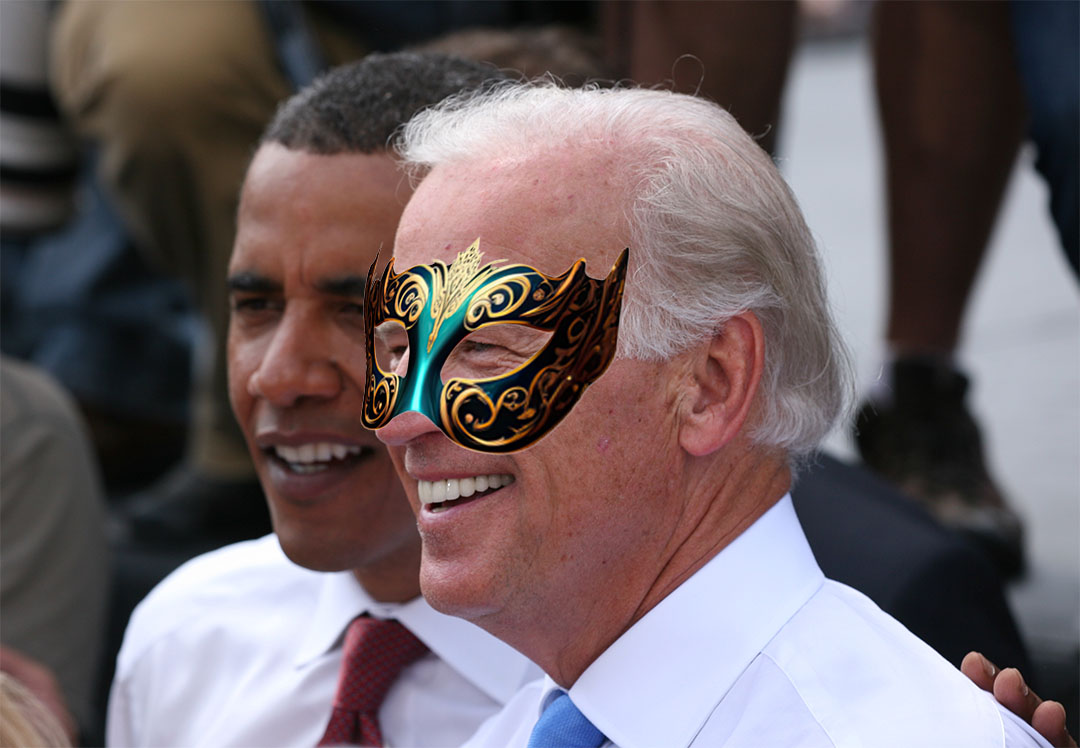 House Oversight Committee's Accusations Fall Flat: Biden's Aliases Serve National Interests
House Oversight Committee's Accusations Fall Flat: Biden's Aliases Serve National Interests 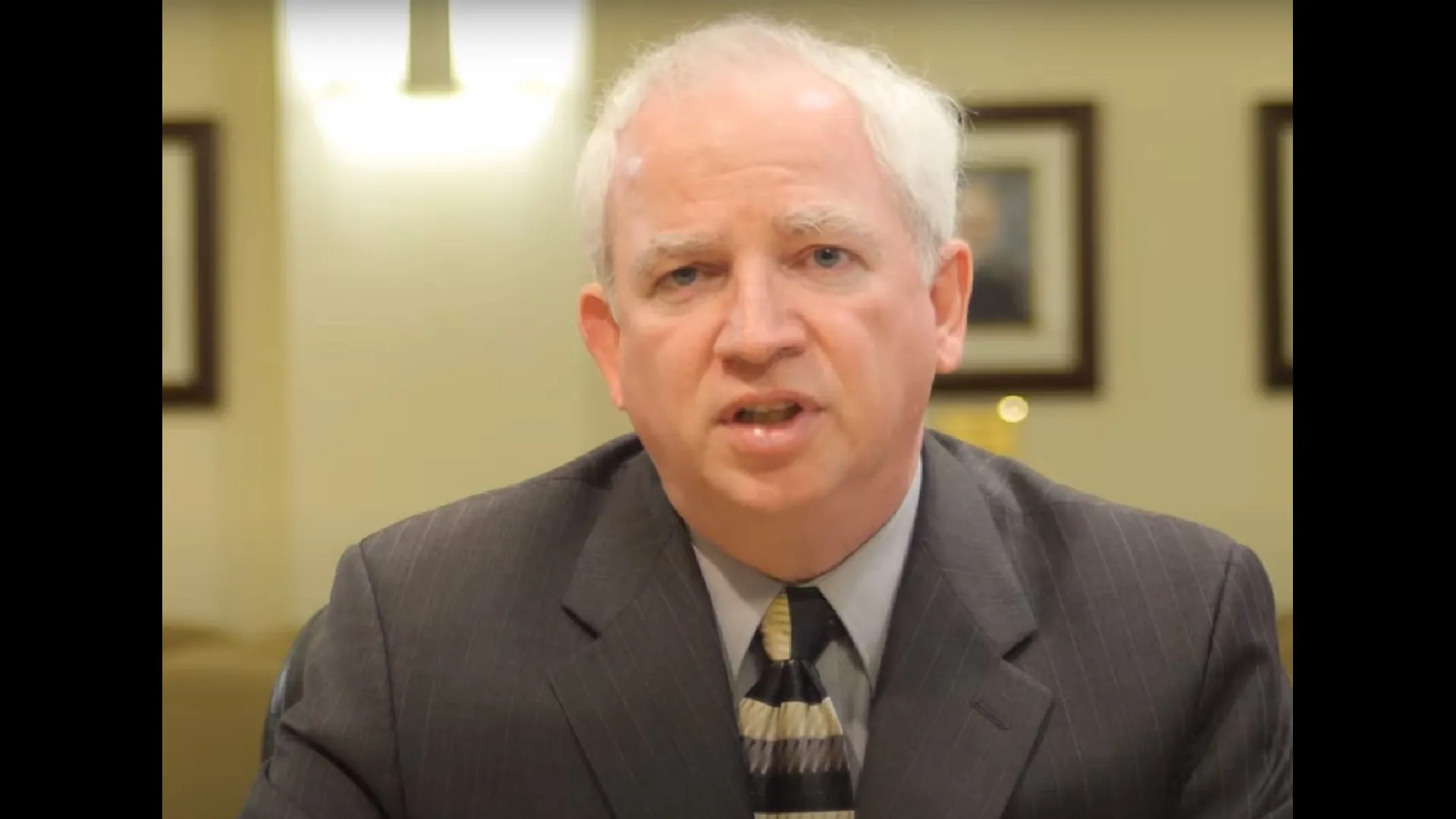 Former Trump Adviser John Eastman Faces Racketeering Charges in Georgia
Former Trump Adviser John Eastman Faces Racketeering Charges in Georgia 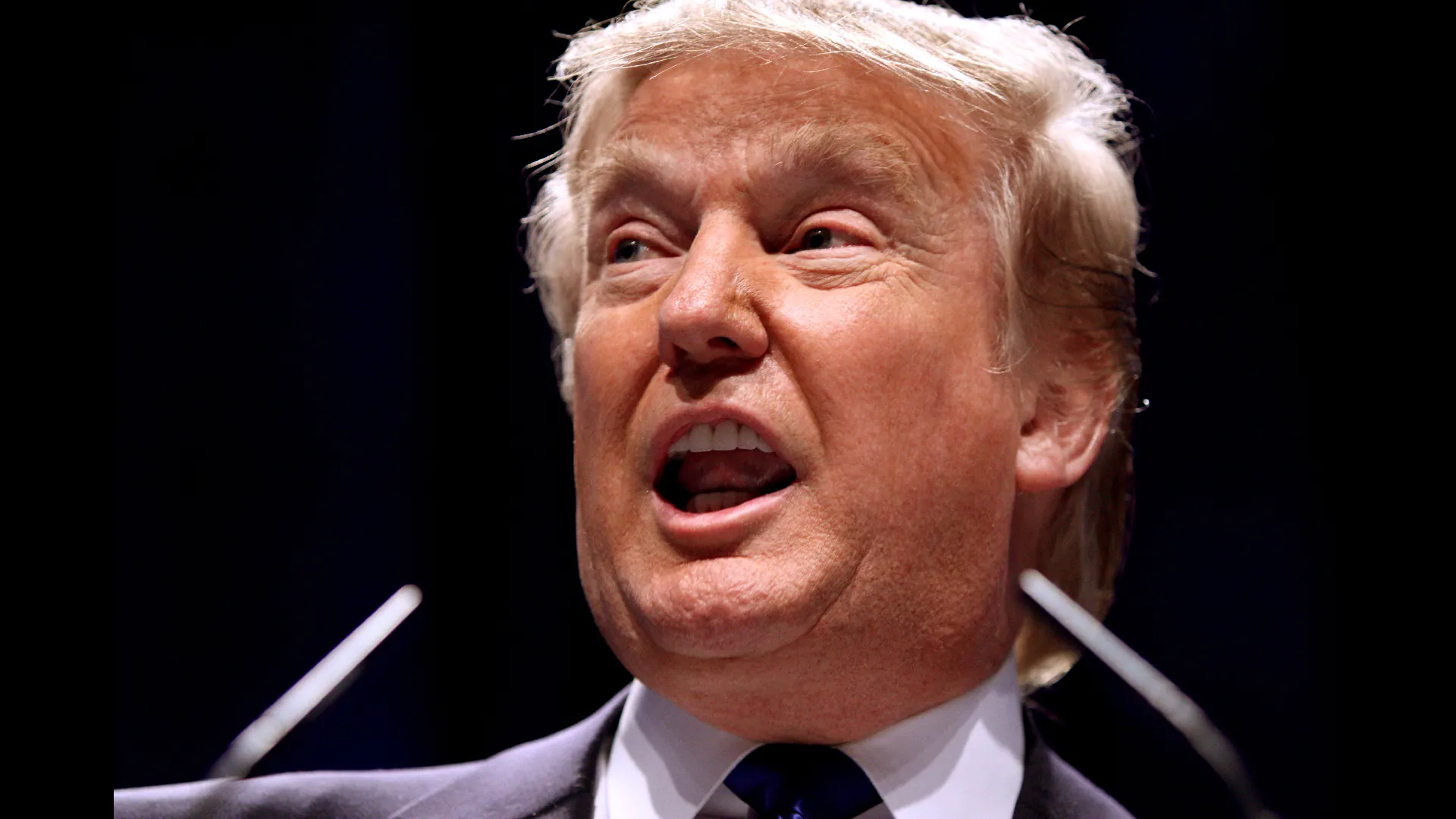 Former President Trump Indicted on Extensive Charges, Accused of Running a Criminal Enterprise
Former President Trump Indicted on Extensive Charges, Accused of Running a Criminal Enterprise 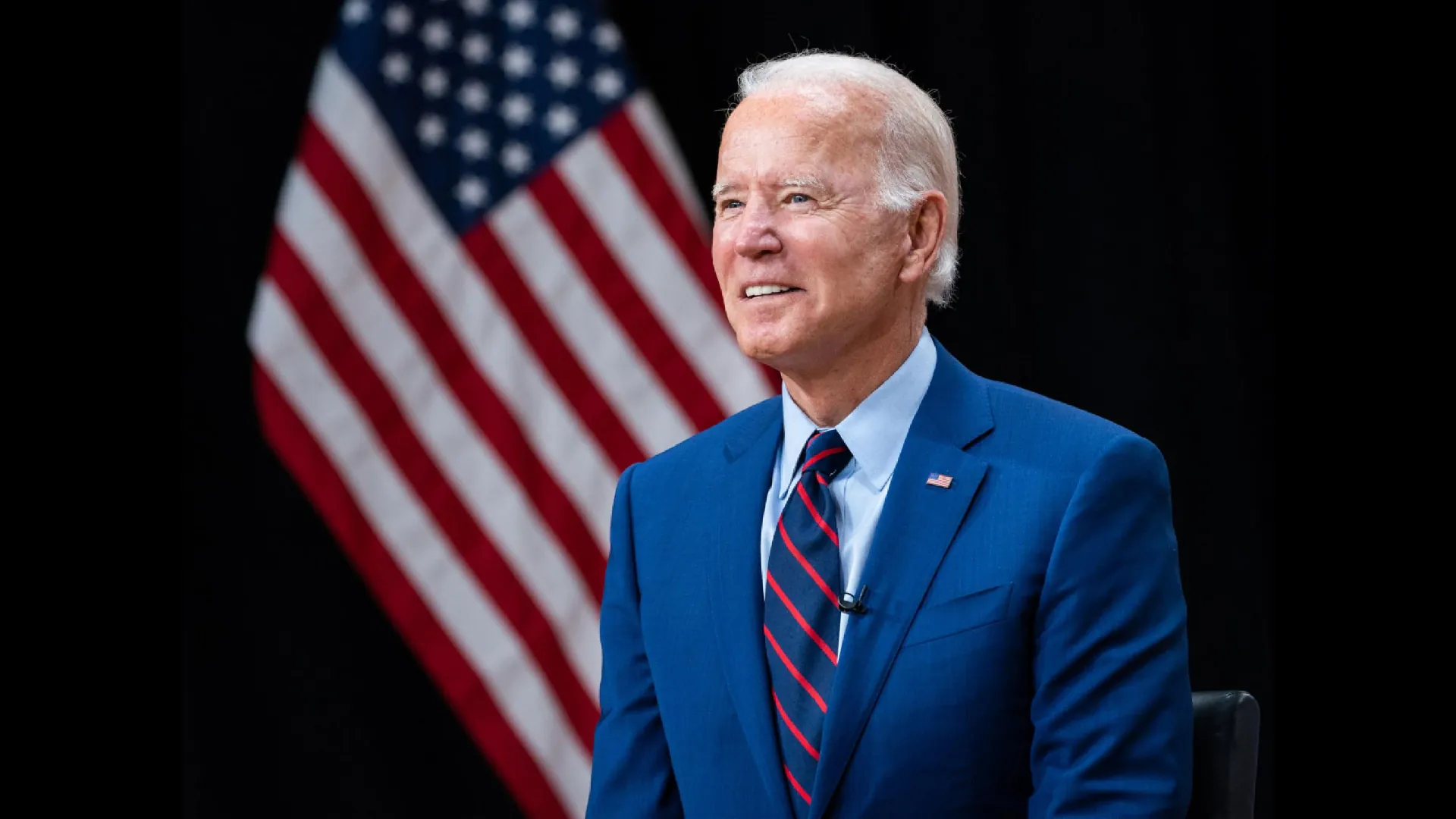 President Biden's Swift Response to Maui Wildfires Praised by Hawaii Governor
President Biden's Swift Response to Maui Wildfires Praised by Hawaii Governor